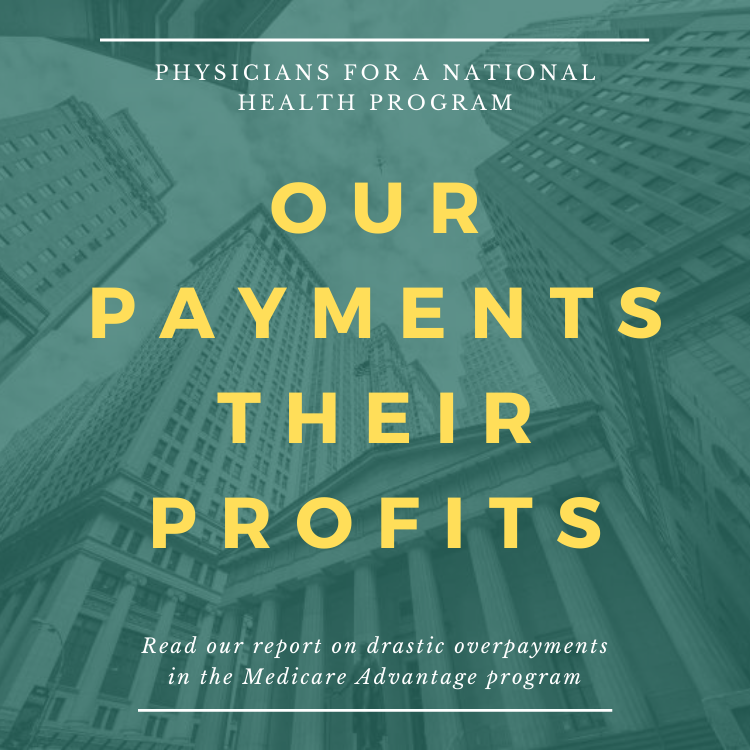Summary: Health Affairs did a very credible review of administrative excess in US health care, and a review of “targeted” reforms within the current system. Most optimistically, they would save a few billion dollars of the hundreds of billions in waste that single payer would eliminate.
The Role of Administrative Waste in Excess US Health Spending, Health Affairs Research Brief, October 6, 2022, by Health Affairs Staff
The US Spends More on Health Care Administration than Comparable Countries
One estimate from the Peterson Foundation, based on 2021 data from the OECD, finds that the US spends $1,055 per capita on administrative costs—by far the highest amount on a list of twelve OECD nations plus the US. The country with the next highest level of per capita administrative spending is Germany, at $306 per capita.
At least Half of Administrative Spending Is Wasteful
If administrative spending is about 15–30 percent of national health spending, then wasteful administrative spending comprises half of that, or 7.5–15 percent of national health spending (or $285–$570 billion in 2019).
Systemic Health Care Reforms Can Reduce Administrative Waste
Three main systemic reforms have the potential to not only reduce administrative waste but also offer other benefits to the health care system: all-payer rate setting, single-payer systems, and capitation.
Although these systemic reforms have the potential to reduce wasteful administrative spending, the targeted reforms discussed below are likely to be more realistic and actionable in the US in the near future.
- Centralized Claims Clearinghouse (Cutler estimates that $300 million (NB not billion!) could be saved annually)
- Standardized Or Limited Prior Authorization (CAHQ estimates that $417 million could be saved annually by switching to a fully electronic prior authorization system)
- Harmonized Quality Reporting (Cutler suggests that an improved quality measurement system could save up to $7 billion annually)
- Standardization Of Benefits (There is a lack of clear evidence that such standardization leads to administrative savings)
- Standardization Of Provider Directories and Credentialing (Nationally, using a standardized platform for maintaining provider directories could save more than $1.1 billion per year, according to CAQH research)
Comment:
By Don McCanne, M.D.
The failure of our fragmented and dysfunctional health care financing system to provide health care for everyone along with financial security has been a driving force behind the call to enact and implement a humane, rational financing system such as single payer.
Although the political barriers are great, various incremental measures have been implemented with less than sterling results. Numerous studies have shown the profound administrative waste in our system which would be dramatically reduced by single payer. But the political resistance has been too great.
Now a leader in health policy – Health Affairs – is suggesting that, instead of systemic reform, we consider targeted reforms that are listed above. Two problems: If all of them were implemented, highly unlikely, the evidence for their effectiveness is missing. Never tested, conjectural. And, even if achieving the targets, the savings would constitute only a small fraction of the hundreds of billions we are spending on administration that we currently consider wasteful.
Worse, we would leave in place all of the injustices in health care access and in financial hardship due to lack of affordability of care. Also, nothing would have been done to reverse the massive private sector fraud and other waste exemplified by the recent New York Times expose on Medicare Advantage.
I don’t want to squander more space on trying to understand why Health Affairs isn’t supporting effective reform. Instead, I just want to climb up to the mountaintop and shout out: SINGLE PAYER!
Please feel free to join me.
http://healthjusticemonitor.org…
Stay informed! Subscribe to the McCanne Health Justice Monitor to receive regular policy updates via email, and be sure to follow them on Twitter @HealthJustMon.
